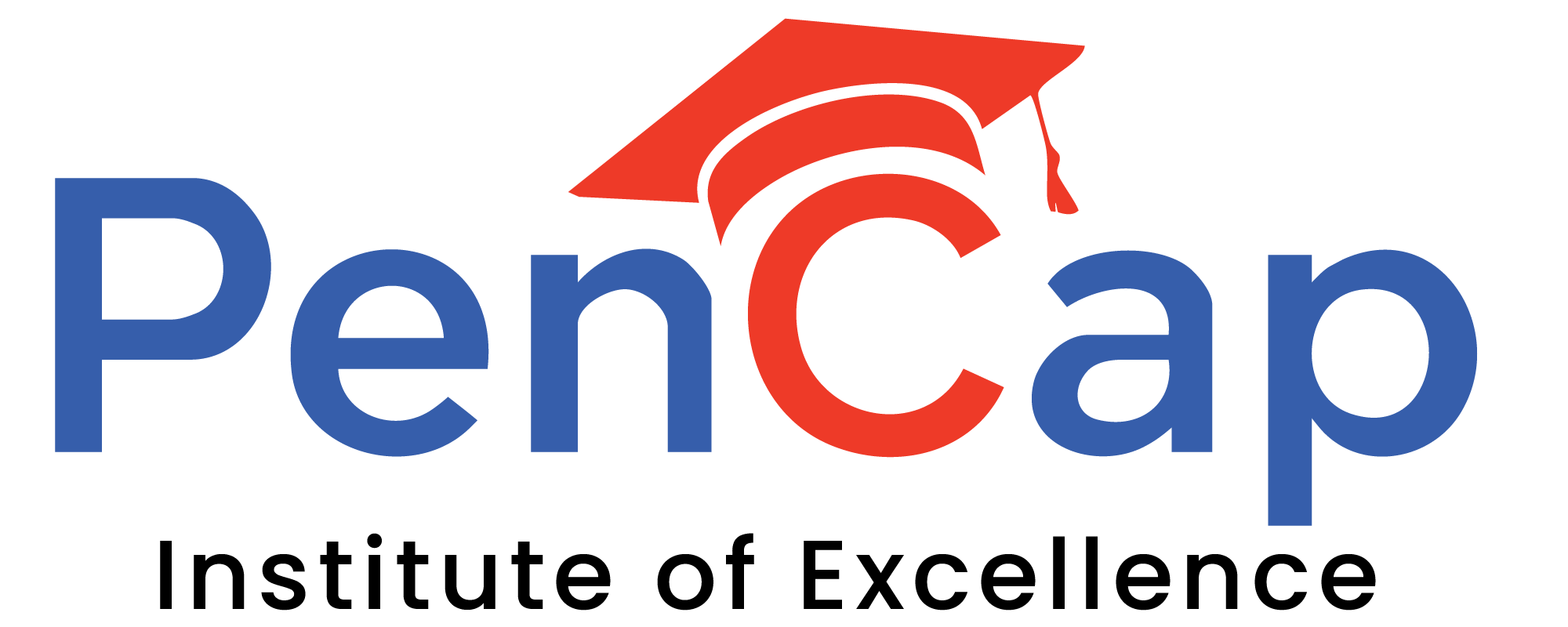
Meta Description: Discover the step-by-step ethical hacking guide and learn what it takes to become an ethical hacker. Ideal for beginners starting their ethical hacking course.
Introduction
The world of ethical hacking has evolved from a niche career to one of the most in-demand professions today. As cyber threats continue to rise, ethical hackers—also known as penetration testers—are becoming the backbone of digital security. If you are passionate about technology, problem-solving, and cybersecurity, this ethical hacking guide is for you. Whether you're a student, IT professional, or a complete beginner, this step-by-step guide will take you through the process of becoming an ethical hacker, starting from enrolling in an ethical hacking course for beginners to landing your first job in this exciting field.
What is Ethical Hacking?
Before jumping into the specifics of how to become an ethical hacker, it’s important to understand what ethical hacking is. Ethical hacking refers to the legal practice of testing a system’s security by attempting to exploit vulnerabilities, but with permission from the organization that owns the system. This proactive approach helps identify potential weaknesses before cybercriminals can take advantage of them.
Why Ethical Hacking is Important
In today’s world, with an increasing number of cyber threats like data breaches, ransomware attacks, and identity theft, organizations are more vulnerable than ever. Ethical hackers work on the defensive side, simulating attacks to ensure robust security systems are in place. Their job is to prevent financial losses, secure sensitive data, and maintain the reputation of organizations. The ethical hacking guide highlights how these professionals play a crucial role in safeguarding the digital landscape.
Step 1: The Foundation – Understanding Cyber Security Basics
Before diving into ethical hacking, it’s essential to have a solid foundation in cybersecurity. Here are the key concepts you should understand:
- Networking Fundamentals: Learn about TCP/IP, DNS, HTTP/HTTPS, VPNs, and firewalls.
- Operating Systems: Familiarize yourself with both Windows and Linux operating systems, as ethical hackers often work with both.
- Cryptography: Understand how encryption algorithms protect data.
- Web Applications: Study how web applications work and common vulnerabilities such as SQL injection, XSS, and CSRF.
Start by enrolling in a general cybersecurity course if you're new to the subject, as these concepts form the foundation for ethical hacking courses for beginners.
Step 2: Enroll in an Ethical Hacking Course for Beginners
Once you understand the basics of cybersecurity, it’s time to get hands-on training in ethical hacking. An ethical hacking course for beginners will guide you through the technical aspects and help you understand tools and techniques used in penetration testing. Some popular courses include:
- Certified Ethical Hacker (CEH): Offered by EC-Council, this is one of the most recognized certifications.
- CompTIA Security+: Ideal for beginners, it provides foundational knowledge in network security.
- Udemy and Coursera: There are beginner-level courses available on these platforms to help you learn ethical hacking basics.
By completing these courses, you will gain a deeper understanding of the tools used by ethical hackers, such as Kali Linux, Metasploit, and Wireshark.
Step 3: Learn to Use Ethical Hacking Tools
The tools of the trade are essential for any ethical hacker. Some of the most popular tools used in the industry include:
- Kali Linux: A Linux-based OS that contains numerous pre-installed penetration testing tools.
- Metasploit: An open-source tool for developing and executing exploit code.
- Wireshark: A network protocol analyzer used to capture and inspect network traffic.
- Burp Suite: A web vulnerability scanner and proxy tool.
- Nmap: A network scanning tool used to discover hosts and services on a computer network.
Familiarizing yourself with these tools is crucial, and most ethical hacking courses include hands-on labs to practice their use.
Step 4: Gain Practical Experience
Theory is important, but practical experience is what sets skilled ethical hackers apart. Here are some ways to build hands-on experience:
- Capture The Flag (CTF) Challenges: Participate in online CTF competitions that simulate real-life cyberattacks.
- Bug Bounty Programs: Websites like HackerOne and Bugcrowd offer ethical hackers the opportunity to earn money by identifying vulnerabilities in popular platforms.
- Virtual Labs: Platforms like Hack The Box and TryHackMe offer a safe environment to practice ethical hacking techniques.
These practical experiences will not only enhance your skills but also strengthen your resume when you start looking for a job.
Step 5: Specialize in an Area of Ethical Hacking
As you progress in your journey, you may decide to specialize in a specific area of ethical hacking. Some of the most common specializations include:
- Penetration Testing: Simulating attacks on a network or application to find vulnerabilities.
- Incident Response: Handling and mitigating the effects of a cybersecurity attack.
- Cloud Security: Securing cloud-based services and infrastructure.
- IoT Security: Testing and securing internet-connected devices.
Each of these areas requires specialized knowledge and certifications, but choosing one allows you to further enhance your skills and increase your value in the job market.
Step 6: Stay Updated with Industry Trends
Cyber threats evolve rapidly, and so should your knowledge. As a cybersecurity professional, staying updated with the latest trends and threats is essential. Here’s how you can stay on top of your game:
- Follow Cybersecurity Blogs: Websites like KrebsOnSecurity, Dark Reading, and Threatpost provide regular updates on cybersecurity news.
- Attend Webinars and Conferences: Participate in events such as Black Hat, DEF CON, or RSA Conference to learn from industry experts.
- Join Online Communities: Engage with communities like Reddit’s r/Netsec, Stack Exchange, or Twitter groups to discuss trends and get advice.
This commitment to continuous learning will keep you ahead of emerging cybersecurity threats.
Conclusion
Becoming an ethical hacker is a rewarding journey that requires a commitment to learning, hands-on practice, and continuous self-improvement. By following this ethical hacking guide, starting with an ethical hacking course for beginners, gaining practical experience, and specializing in areas of interest, you can carve out a successful career in this high-demand field. Remember, ethical hacking is not just about knowing the tools but understanding the mindset of a hacker and using that knowledge to protect systems and data.
FAQs
- How long does it take to become an ethical hacker?
It usually takes 6 months to 2 years depending on your background and the courses you take.
- Can I become an ethical hacker without a degree?
Yes, many ethical hackers come from non-technical backgrounds and build their skills through courses and certifications.
- What certifications are best for ethical hackers?
CEH, OSCP, and CompTIA Security+ are among the most recognized certifications in ethical hacking.
- Are there any free ethical hacking courses?
Yes, platforms like Udemy and Coursera offer free introductory courses on ethical hacking.
- How do ethical hackers get hired?
Building a portfolio through CTF challenges, bug bounties, and practical experience can help you land a job in ethical hacking.
- What tools do ethical hackers use?
Popular tools include Kali Linux, Metasploit, Wireshark, Burp Suite, and Nmap.
- How can I practice ethical hacking legally?
You can practice on platforms like Hack The Box, TryHackMe, and participate in bug bounty programs.
- Do ethical hackers make good money?
Yes, ethical hackers can earn competitive salaries, with experienced professionals earning significantly higher pay.
- What is the most important skill for an ethical hacker?
Critical thinking and problem-solving are essential skills for identifying and exploiting vulnerabilities.
- How often should ethical hackers update their skills?
Given the fast-paced evolution of cyber threats, ethical hackers should update their skills regularly, ideally every 6 months.








